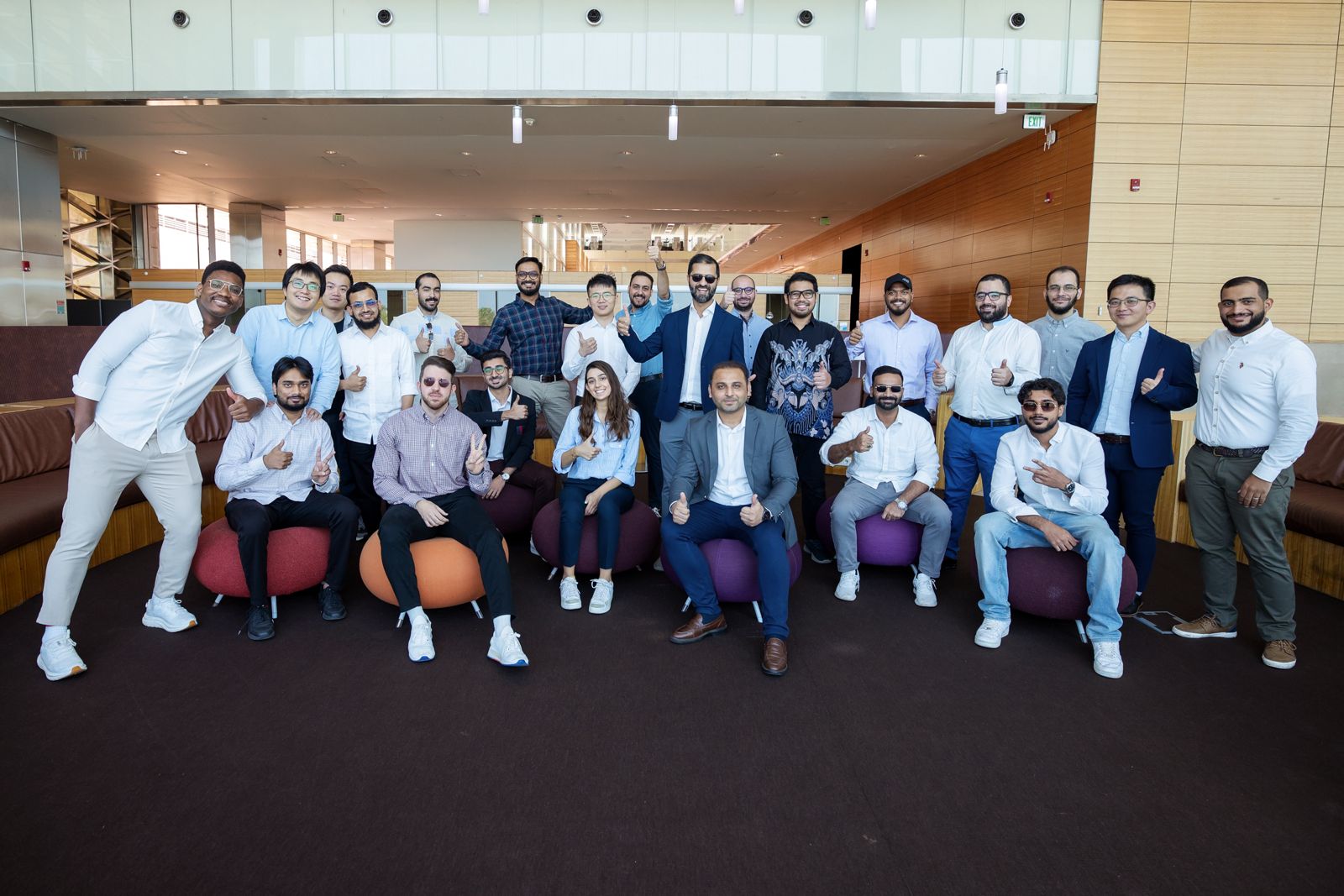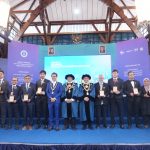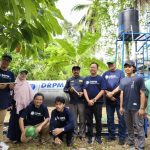ITB Mechanical Engineering Student, Fakhrianda Aswin, Conducts Clean Energy Research at KAUST, Saudi Arabia
Bandung – The Faculty of Mechanical and Aerospace Engineering (FTMD) Institut Teknologi Bandung (ITB) is committed to supporting its students in gaining global learning experiences through various international mobility programs.
With a wide range of schemes, FTMD students can explore opportunities on an international scale, whether through student exchange programs, research collaborations, or research internships that allow them to directly engage in cutting-edge research.
One such student is Fakhrianda Aswin Luthfia Zufar, a 2020 Mechanical Engineering student currently conducting his final-year research at King Abdullah University of Science and Technology (KAUST) in Saudi Arabia for one semester.
This opportunity arose when Fakhrianda, commonly known as Fakhri, was completing his final project under the guidance of Dr. Eng. Firman Bagja Juangsa S.T., M.Eng., from the Thermal Science and Engineering Research Group at ITB’s Cooling Laboratory. His research focuses on combustion and the utilization of clean energy.
The journey of completing his final project led him to realize the importance of international collaboration. In Indonesia, the transition to clean energy is still in its early stages, and dedicated research facilities remain limited. Fakhri saw the need to transfer knowledge from institutions with advanced clean energy research so that the outcomes could be brought back to Indonesia to support the development of studies in this field.
“Interestingly, much of the literature we used at ITB originates from research conducted at KAUST, which has a Clean Energy Research Platform and a strong reputation in technology development in this area,” he stated.
This realization eventually led to his acceptance into KAUST’s Visiting Student Research Program, which runs from July to December 2024. The application process for KAUST was rigorous, involving stages such as correspondence with professors and an interview with Human Resources (HR).
Fakhri received significant support from Ditho Ardiansyah Pulungan, S.T., M.Sc., Ph.D., during the application process, which helped him secure this opportunity. “Even though ITB does not yet have a formal collaboration agreement with KAUST, ITB’s global reputation and extensive alumni network opened doors to this invaluable opportunity,” he added.
Unlike student exchange programs that typically focus on classroom learning, this program allows him to be directly involved in research supported by state-of-the-art facilities. Access to advanced research equipment has significantly enhanced his project and enriched his academic experience.
The program is fully funded by KAUST, covering all accommodation, transportation, and housing expenses. Fakhri described his decision to join the program as highly rewarding. “This university not only has a strong research track record but also offers comprehensive supporting facilities, from a sports center to a campus diner, ensuring a balance between academic and non-academic activities,” he continued.
Beyond cutting-edge technology, KAUST also provides leisure and travel opportunities, such as free shuttle bus services to Mecca, Medina, the Red Sea, and other tourist destinations, making life at KAUST more enriching and memorable.
“The environment is also highly multicultural, with students from countries like India, China, and others, broadening my horizons and experiences. Even though the temperature can reach up to 40 degrees Celsius, I was amazed to see how enthusiastic people are about walking, and I’ve adapted to this new habit,” he said.
He also noted the advantages of being an FTMD ITB student, which equipped him to adapt well to the KAUST environment. The knowledge and technical skills he gained at FTMD ITB proved highly beneficial in this international setting. This demonstrates that FTMD ITB’s curriculum and syllabus are robust enough to compete with those of world-class universities.
Fakhri advised junior students interested in similar programs to prepare thoroughly, especially for the interview stage.
“After getting approval from a professor via email, candidates must still pass an interview with HR, which is quite rigorous. Many cases occur where professors approve a candidate, but they fail at the HR stage. Therefore, interview preparation is crucial to ensure success,” he concluded.







